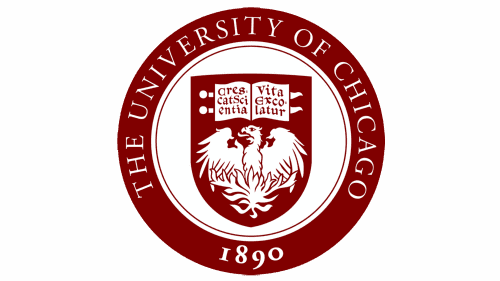The Undergraduate Student Government elections will be held from April 21 to 25. The Maroon interviewed candidates running for executive slate positions.
Undergraduate Student Government (USG) elections will take place this week, with ballots closing on Friday at 4 p.m. Over the five-day voting window, students can cast their ballots digitally for the executive slate (president, executive vice president), various cabinet positions, and College Council class representatives. The Maroon reached out to this year’s candidates to learn more about their respective platforms.
Executive Slate: Phoenix Party
The Phoenix Party cohort of executive slate and College Council candidates is led by current USG President Elijah Jenkins, who was part of last year’s “Better Slate Than Never” slate. The Phoenix Party platform cites accomplishments from their first year in office, including the launch of USG quarterly reports, the creation of Greek life liaisons, and the expansion of USG committee membership from approximately 30 to 75.
President: Elijah Jenkins
Elijah Jenkins, a third-year, is seeking reelection as USG president. A Race, Diaspora, and Indigeneity and Law, Letters, and Society double major, Jenkins has been involved with USG since his first year in the College and has served as USG president since last year.
In with the Maroon, Jenkins said he was running for reelection so he could continue to foster the “long-term growth of student government,” citing increased retention and recruitment of membership from his first year in office. He also noted his work on fostering transparency by releasing quarterly reports and holding office hours.
Jenkins also credited his efforts to engage with Greek life as differentiating him from past administrations and promised to appoint a permanent committee on Greek life if elected. “It’s important to have Greek life perspectives in our administration,” he said. “I myself am a member of [Alpha Phi Alpha] fraternity.”
At an executive slate debate on April 21, Jenkins characterized free speech as the “most pressing issue” on campus, saying he hopes to “focus on building coalitions of understanding” among students on campus and tackle current challenges to DEI programs and the visas of international students.






















